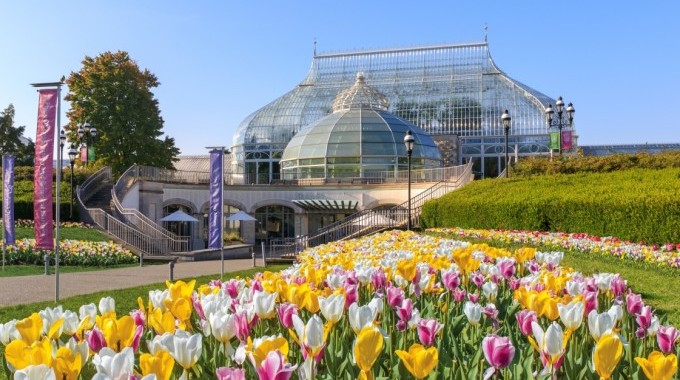
Phipps Conservatory and Botanical Gardens
Contact:
Richard V. Piacentini
President and CEO
richard@phipps.conservatory.org
412-622-6914
1 Schenley Park
Pittsburgh, PA 15213
Region Served: Pittsburgh, Pennsylvania
Website: www.phipps.conservatory.org
Focus Area: Buildings and Energy
Buildings and Energy
Additional Goals for This Institution
Engagement
Food Service
Investments
Landscapes and Horticulture
Research
Transportation
Waste
Water





